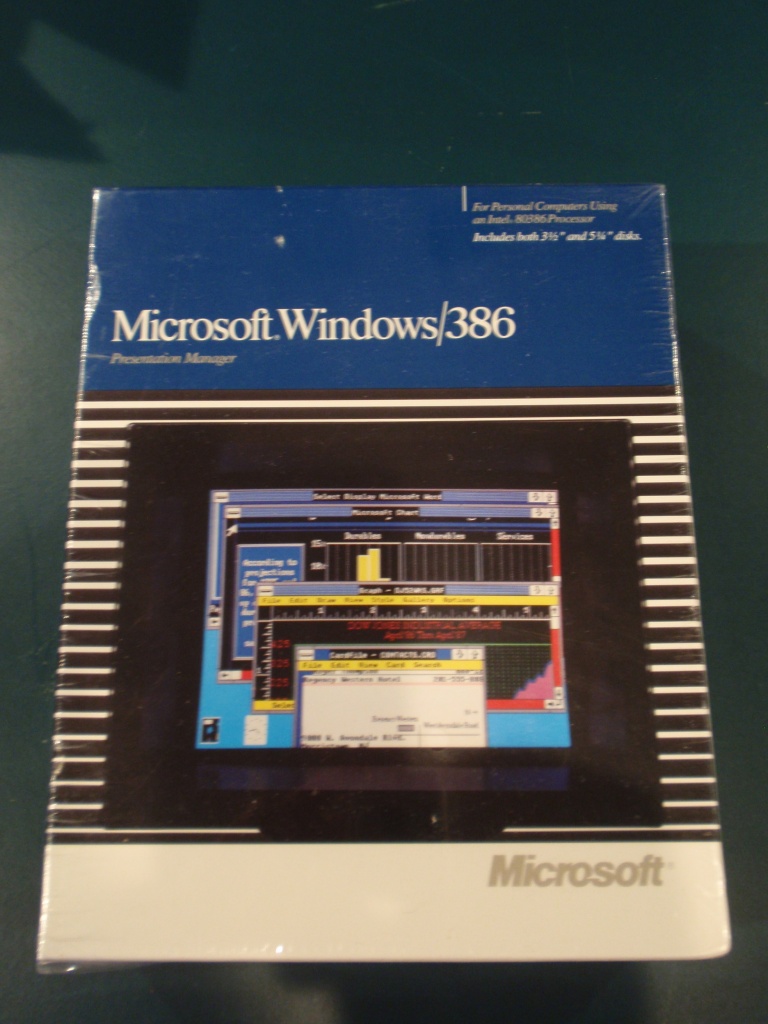Two editions of Windows 2.10 were released;
Windows/286 and Windows/386, both of which
could take advantage of the Intel processor for
which they were designed.
Windows/386 is much more advanced. It introduced
a protected mode kernel, above which the GUI and
applications run as a virtual 8086 mode task. It
allows several MS-DOS programs to run in
parallel in "virtual 8086" CPU mode, rather than
always suspending background applications. Each
DOS application can use as much low memory as is
available before Windows is started, minus a few
kilobytes of overhead.
In March 1989, Windows 2.11 was released in
Windows/286 and Windows/386 editions, with some
minor changes.
Windows 2.11 was superseded by Windows 3.0 in May 1990.



